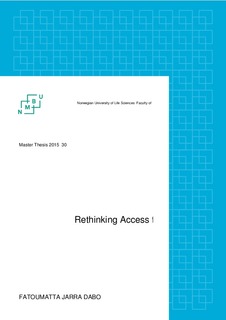| dc.description.abstract | Migration is not a new phenomenon as humans have been migrating for centuries. The world’s international migrant population is experiencing a rapid increase in both the global North and South. Europe’s attempts to protect its borders against migration flows, has recently become a focus of migration discourses especially with images in the media of men, women and children attempting to cross the Mediterranean Sea with thousands losing their lives. Of those who make the journey, stories of resilience and gross human rights abuses emerge with calls for European Nations to do more to assist these migrant. Of the migrant groups refugees are considered as one of the most vulnerable groups of migrants as they are forced to flee due to some form of persecution. Whilst migration itself does not cause mental distress, pre-migration, migration and post-migration factors can contribute to mental distress in vulnerable groups. For those refugees who need psychosocial assistant, further challenges of access to health services, particularly mental services are presented post-migration. Policies and conditions in the new country often dictate the allocation of resources as well as how refugees are received and assisted. Acculturation and navigating the new health systems also poses more problems for refugees, with many being unaware of their rights and entitlements in the often culturally alien environment. As expressions of emotional distress varies from culture to culture, mental health practitioners and refugees are faced with added challenges in language, culture and treatment in mental health service provision. The purpose of this study is to revisit the accessibility of mental health service for refugees in Norway. The main aims are to ascertain if the current service provisions are adequate and whether culture is an important consideration when providing mental health services for refugees from non-Western backgrounds. The right to health is also explored to determine whether service providers view the right to health as a human right in service provision. This study was conducted by interviewing 27 professionals working with immigrants and refugees in Norway in the form of focus group interviews, semi-structured one-to-one interviews and the use of secondary data. The results of the research concluded that specialist mental services are needed in Norway in order to provide services that are culturally appropriate and accessible for refugees in order for them to realise their right to health and integration into the larger Norwegian Society. | nb_NO |
